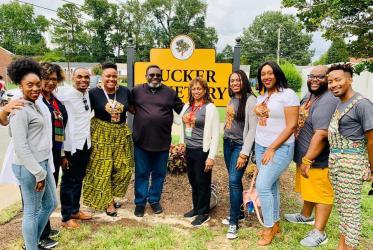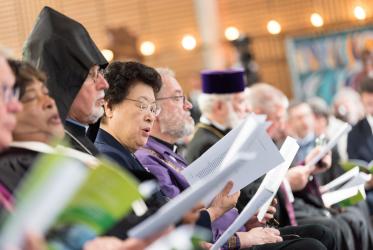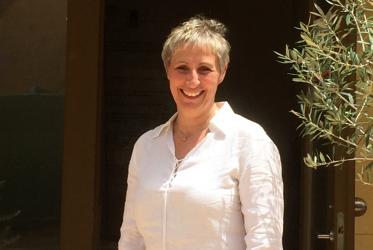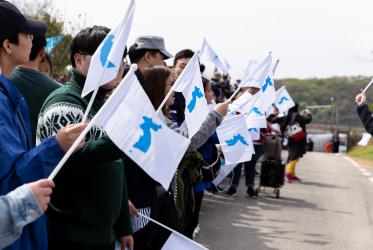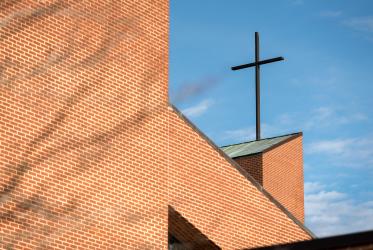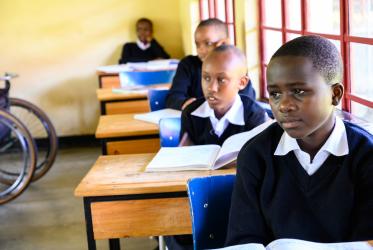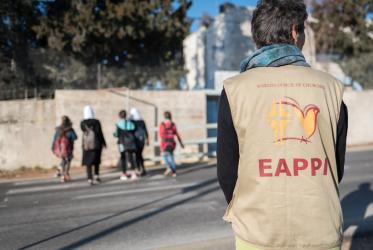Displaying 61 - 80 of 374
UN day on violence victims stresses religious tolerance
22 August 2019
Iraqi refugee shares story of hope through harrowing ordeal
15 August 2019
Mission and people with disabilities
26 June 2019
Dealing with traumas and healing of wounds
04 June 2019
Workshop in Jamaica focuses on human rights
16 May 2019
Peacemakers at work in Sri Lanka
29 April 2019
